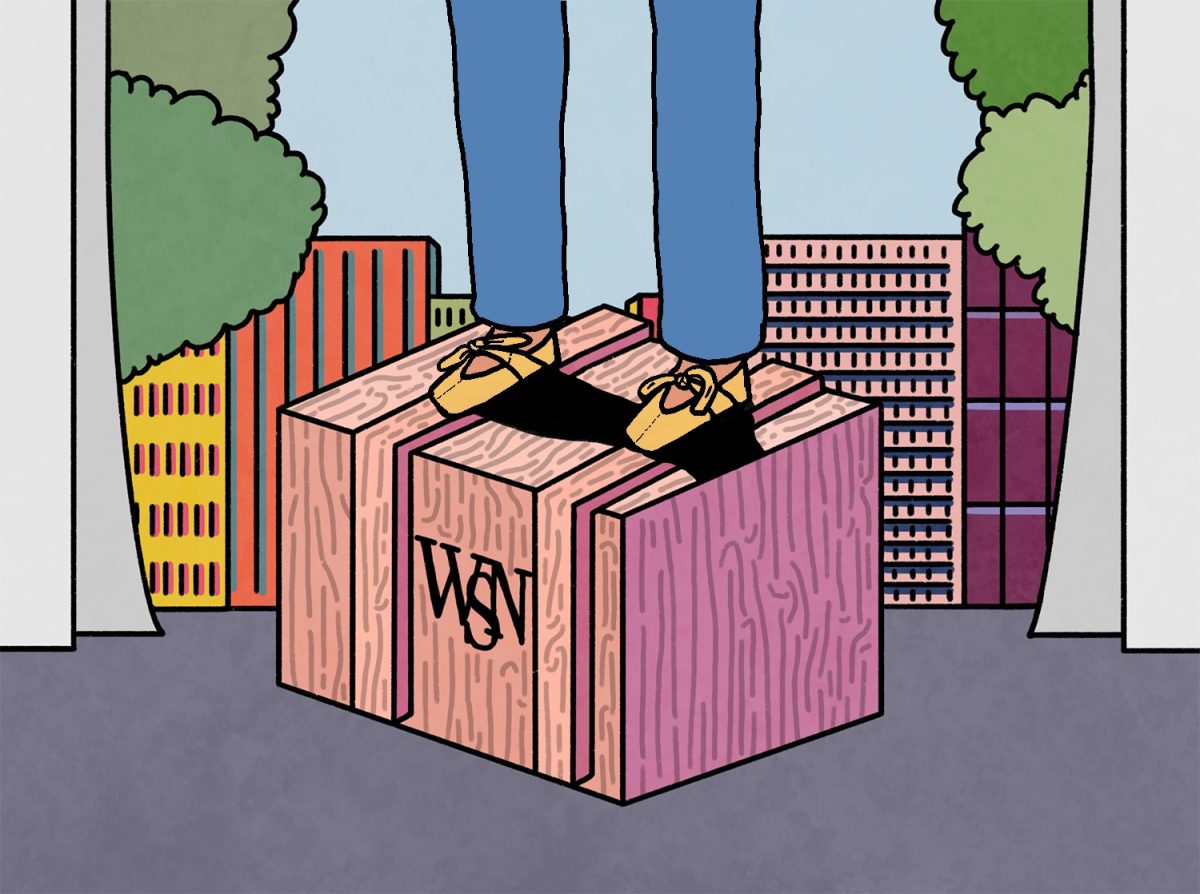In Spain, deadly floods plague cities and coasts
Flash floods in eastern Spain killed more than 158 people in less than 24 hours, amid one of the country’s deadliest bouts of rainfall in decades.
The floods have ravaged hundreds of miles in southern and eastern Spain, with the highest death toll in Valencia, a coastal area along the Mediterranean Sea. Regional authorities said the death toll is expected to rise as storms continue to migrate north.
Valencian authorities have reported flooding across major roads and subway systems, and other parts of Spain are seeing demolished homes, bridges and train tracks. Rushes of mud and water reached more than three meters tall, leaving parts of the city in rubble. The disaster has also impacted agriculture in the region, which is a primary source for oranges globally.
There are still weather warnings throughout the country, and authorities have recommended citizens stay off roads and away from large bodies of water. Rain is expected to continue over the coming days.
“We mustn’t let our guard down,” Spanish Prime Minister Pedro Sánchez said. “The weather front is still wreaking havoc and we can’t say that this devastating episode is over.”
Meteorologists told The New York Times that the heavy rainfall was likely a consequence of a sudden cold drop, also known as a “gota fría” in Spanish. This occurs when cold air travels over warmer waters of the Mediterranean Sea, causing the hotter air at the surface to rapidly rise and produce powerful rain clouds. Scientists have said that global warming could worsen its effects.
In Israel, military strikes Lebanese city after evacuation orders
The Israeli military struck a historic city in Lebanon Wednesday, around four hours after tens of thousands fled the area in response to evacuation orders from the army.
Mayor Mustafa al-Shell told the BBC that more than 20 strikes were reported across Baalbek and other Lebanese cities, resulting in 19 deaths. The attacks come after newly-appointed Hezbollah secretary-general Naim Qassem said that the militant group would continue operations against Israel in a televised recording on Tuesday.
“We are not betting that the war will end tomorrow,” Qassem said. “We are able to continue for days, weeks and months.”
Earlier that day, Israeli military spokesperson Avichay Adraee shared a map in an X post marking towns in the Baalbek area as part of the danger zone, outlining three evacuation routes for residents. The evacuation orders are the first citywide notice that Israel has issued in its five-week war with Lebanon.
The Israeli military said it targeted fuel depots and infrastructure belonging to Hezbollah, adding that the unit they attacked was responsible for transferring weapons to Iran. Several strikes were directed at fuel deposits in Douris, a small village south of Baalbek — a video of which has circulated online.
“The IDF will act forcefully against Hezbollah interests within your city and villages and does not intend to harm you,” Adraee said. “For your safety, you must evacuate your homes immediately and move outside the city and villages.”
The historic city, which is known for its ancient Roman ruins and remains a monumental example of historic architecture, is home to the UNESCO World Heritage Site in Lebanon’s Bekaa Valley. Shell said the site was not hit, but cautioned that continuing bombardment put such sites at risk.
In France, Macron backs Morocco
In a Tuesday address to the Moroccan parliament, President Emmanuel Macron reiterated his support for Moroccan sovereignty over the Western Sahara.
Western Sahara, an African territory on the northwestern coast, was formerly a Spanish colony and is now mostly ruled by Morocco. However, because the Algerian-backed pro-independence group Polisario Front — which says it represents indigenous Sahrawi people — has also claimed part of the land, its ownership has been debated for decades.
Macron said Morocco’s authority over the land is the “only basis” for a just and lasting political settlement. Several experts have speculated his rhetoric is symbolic of improving relations between France and Morocco, which had grown increasingly tense after France tightened its border restrictions on the country.
In response to France’s announcement, the Algerian government withdrew its ambassador to Paris and released a statement condemning the country’s stance. The statement repeatedly characterized Morocco’s presence in the Western Sahara as an illegal occupation, and said France’s choice was based on “dubious political calculations, unethical assumptions and legally unsound interpretations.”
“The French decision does not serve the objectives of peace in Western Sahara and prolongs the stagnation of the political process to resolve this issue,” the statement read. “It contributes to perpetuating the colonial status quo in the region.”
Macron’s remarks also included a commitment to invest money into Moroccan-controlled Western Sahara. Though he did not give an exact amount, he said the money would be allocated towards “investments and sustainable support initiatives to benefit local populations” in the territory.
Contact Mariapaula Gonzalez at [email protected].

























































































































































